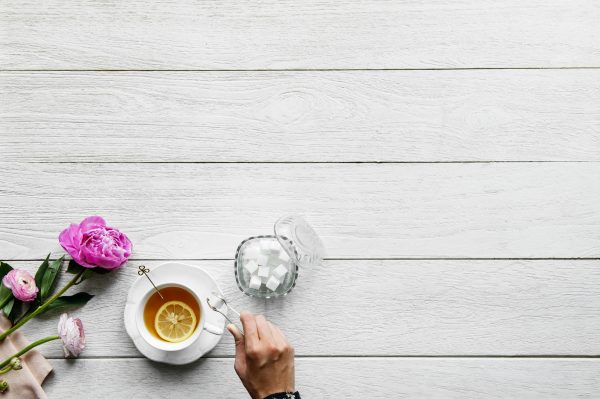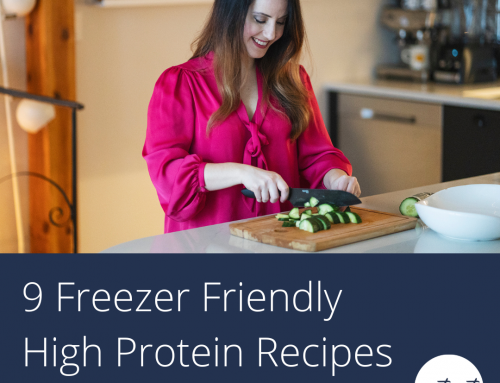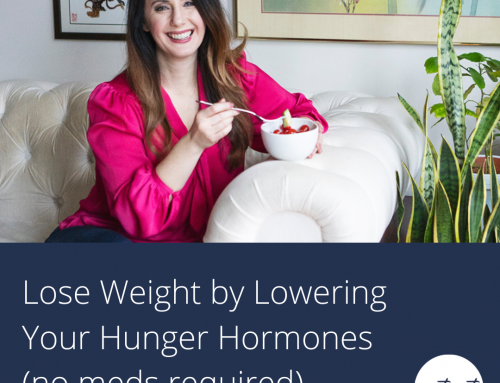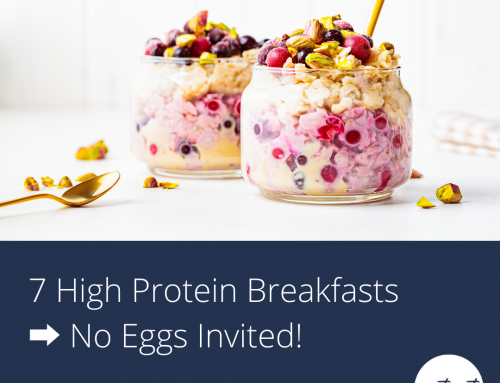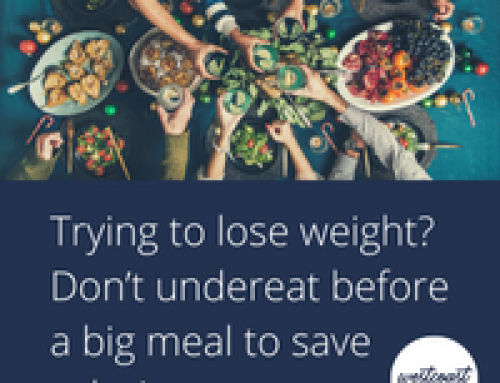Time for a little Q & A! We source these from clients and comments from our followers. Don’t forget to let us know what your questions are by connecting over email, facebook or instagram.
Most of my clients come in knowing that limiting added sugars is important. But the information around sweeteners can be confusing! Here’s a quick rundown to help clear up some misconceptions and give you a head start on making healthy choices.
Limit:
Of the non-caloric sweeteners, both sucralose (Splenda) and Aspartame seem to alter our gut bacteria for the worse – and we know that long term that can lead to issues with everything from mood, to bloating, to weight and metabolism. So I ask clients to keep these out of daily rotation because of potential cumulative effects. Look for it on food labels of “low sugar” foods to ensure you’re not sneakily getting a daily dose of one of the ones above. Sparkling waters, protein powders, low sugar yogurts and flavoured lattes are common culprits.
Important note – neither are toxic or going to immediately cause cancer, so no need to freak out if you have some from time to time. Remember the internet is often way scarier than it needs to be.
Safer:
If you need to sweeten, stevia is my go to. It doesn’t seem to alter the gut bacteria in the same way so is a safer “everyday” choice. Look for it on food labels of “low sugar” foods to ensure you’re not sneakily getting a daily dose of one of the ones above.
Ideal: 🍓
Sweeten as much as possible with whole foods like berries on yogurt, dates in a smoothie or bananas and applesauce in baking. You’ll get the added benefit of fibre and anti-inflammatory nutrients and less pure sugar. Be careful with concentrated natural sugars like honey, maple syrup or agave syrup. All are still added sugars, so use just enough to allow the flavour to give a sense of sweetness that feels enjoyable. Food doesn’t have to stop being fun, and taste buds are trainable!


